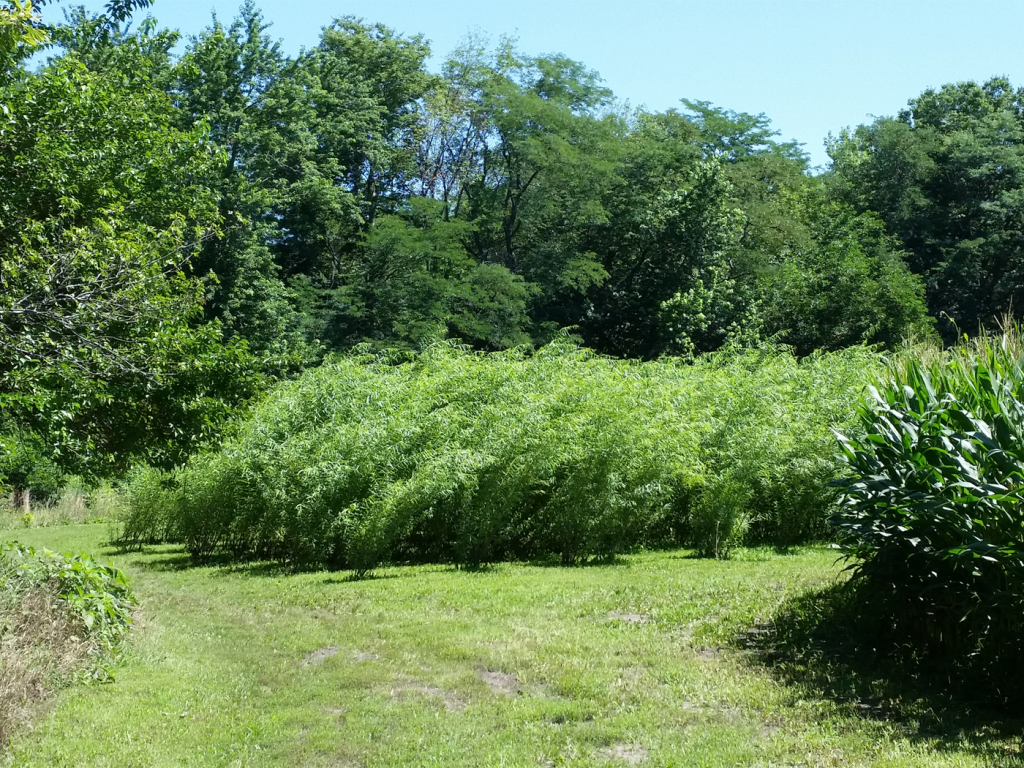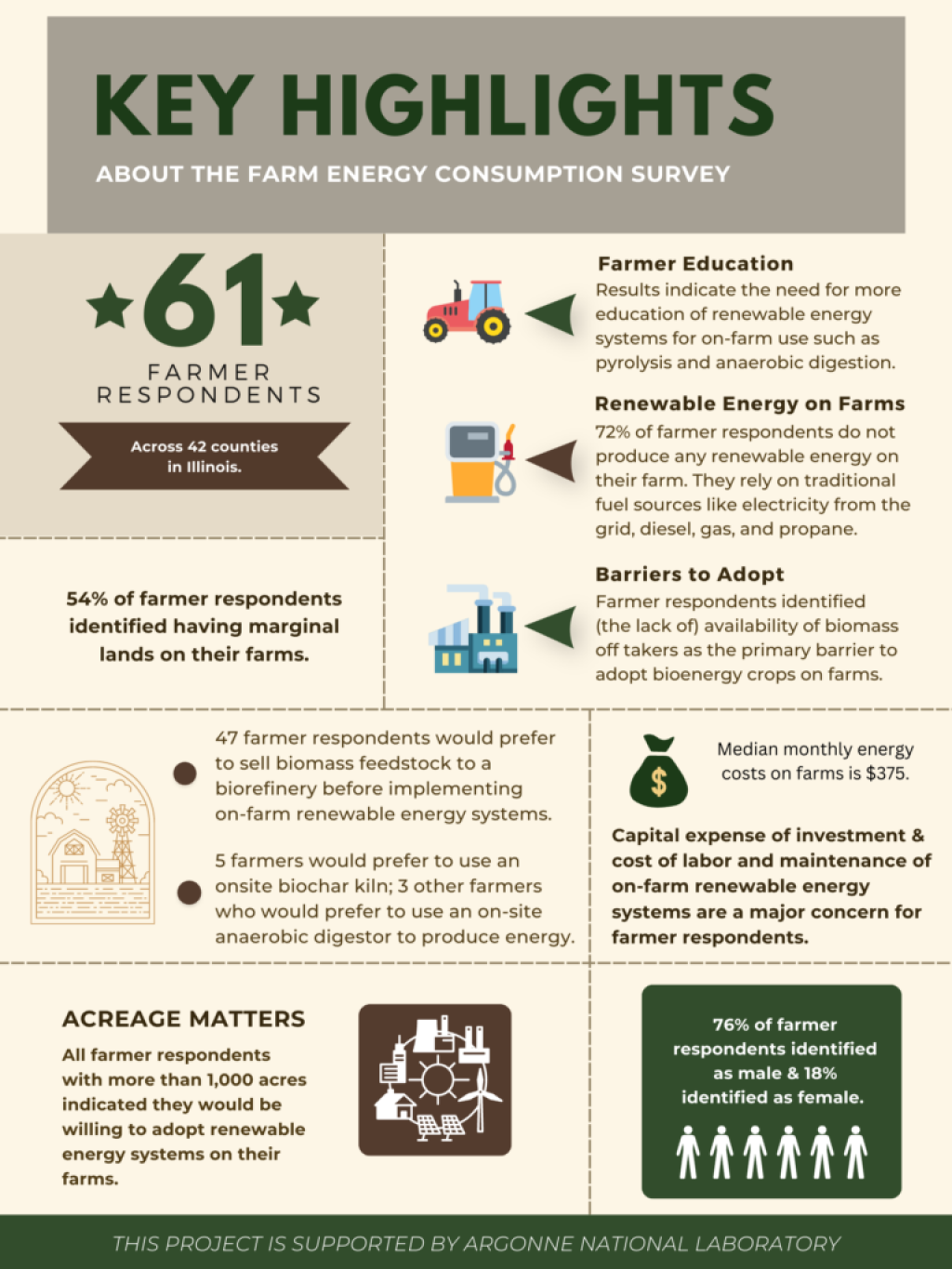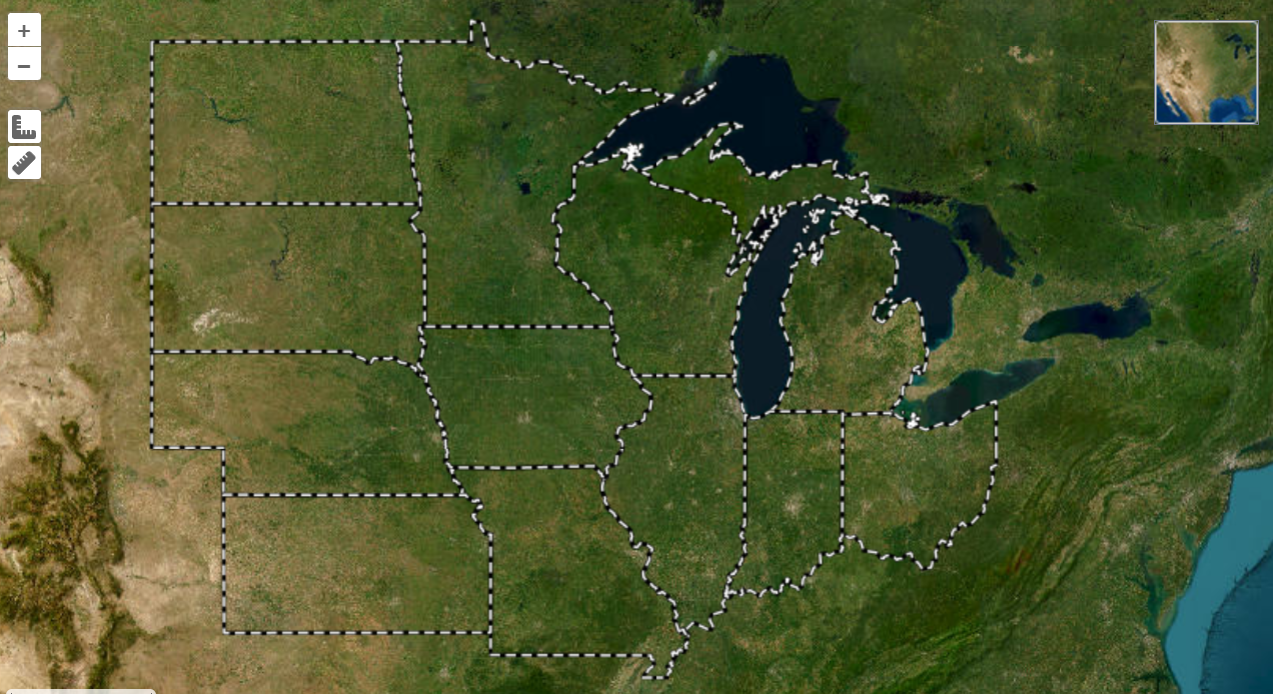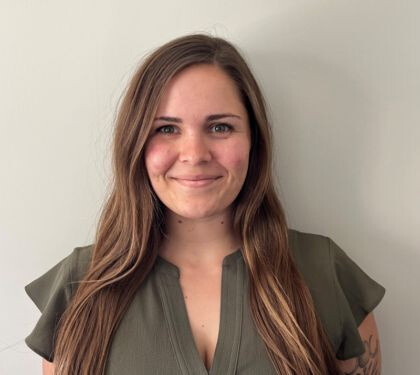Midwest Perennial Bioenergy Crop Diversification Project
In a collaboration between American Farmland Trust and Argonne National Laboratory, this project aims to help farmers and landowners transition marginal or unproductive areas of their land to grow perennial bioenergy crops. This effort seeks to repurpose subprime farmlands using perennial crops to provide additional economic opportunities while boosting farm resiliency. The perennials used in this transition can vary; some examples include switchgrass, miscanthus, native prairie mixes, and shrub willow. The project offers both community outreach and direct technical assistance to farmers and landowners in the Midwest.

.jpg)







